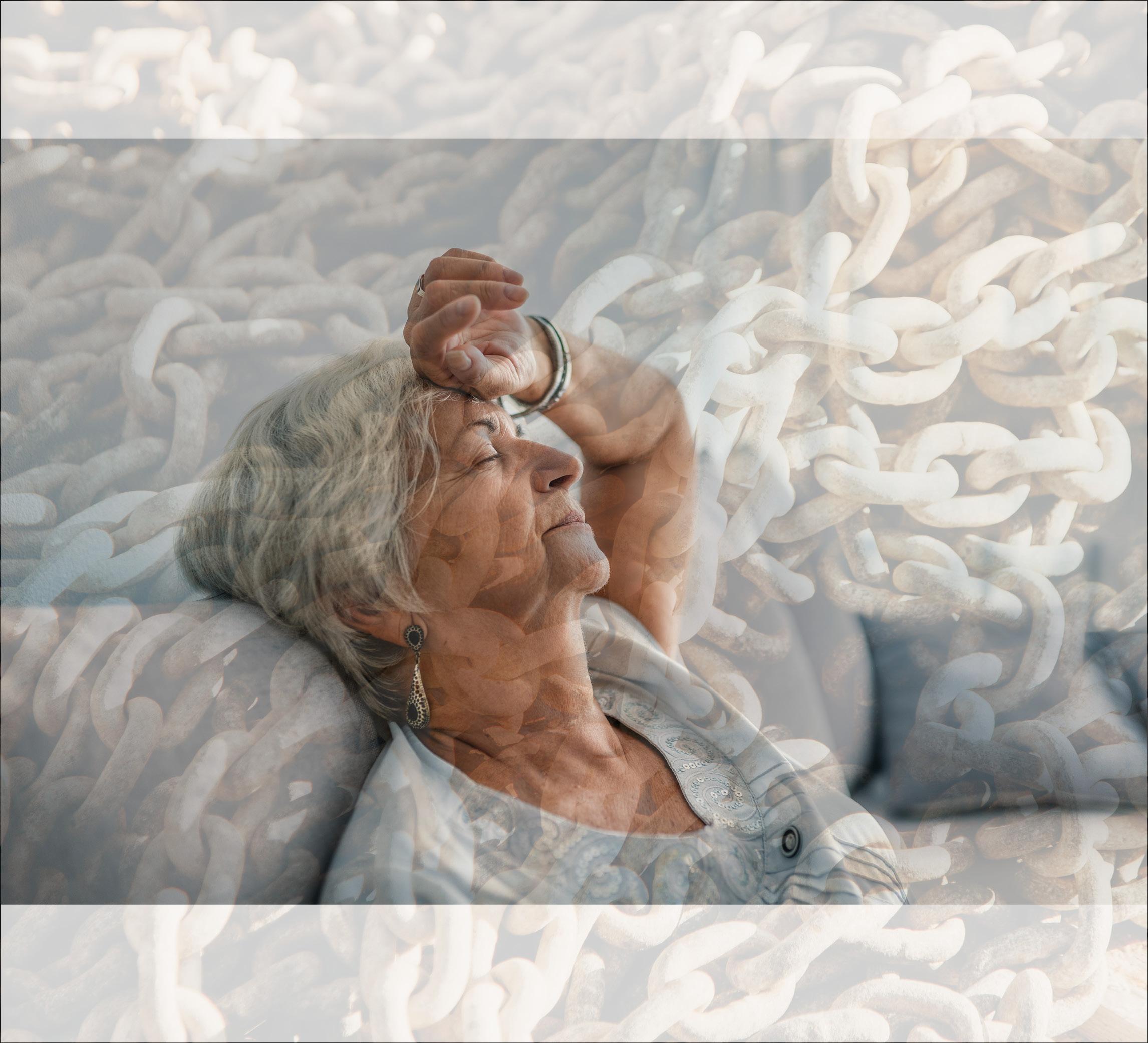Updated: November 2019 - Cutaneous Lymphoma Foundation’s Medical Advisory Committee
For patients diagnosed with a cutaneous lymphoma and living in a rural area or far away from either a dermatologist or oncologist specializing in cutaneous lymphomas, finding the right doctor to manage the disease may be particularly difficult.
The following recommendations might help you get the best possible care even from a distance:
- Establish a working partnership with your local provider who is willing to collaborate with the cutaneous lymphoma specialist identified to help in your care. In some very rural areas, access to physician providers may be limited. In this case, mid-level providers such as Physician Assistants or Nurse Practitioners can be very helpful in working with the cutaneous lymphoma specialist as well.
- Finding a specialist that is nearest to you may not be as difficult as you think. First, look on the Cutaneous Lymphoma Foundation’s website in the Treatment Center directory. Here, you will find physicians who specialize specifically in treating cutaneous lymphomas. You can also contact the Foundation directly and one of the staff members can help direct you to specialists nearest to you.
- Set up an initial consultation with the cutaneous lymphoma specialist to establish the diagnosis (if needed), or the treatment goals and the management plan. With this model, the cutaneous lymphoma expert establishes the plan of care and evaluates its outcomes while the local provider helps to implement and deliver the plan of care.
- Develop a relationship with the staff within your local provider’s office and the cutaneous lymphoma specialist’s office so that you have an identified person at each office that can serve as your contact for questions and be your direct liaison to your physicians. This makes asking questions or expressing concerns about what is happening a little easier and less intimidating when you have a direct contact that you know will have the physician’s ear.
- Explore the options of clinical trials, as they may help with transportation and lodging costs related to participation in the clinical trial.
- Plan to re-visit the cutaneous lymphoma specialist on a regular basis agreed upon between you and your physician so that your management plans and response to treatment can be carefully evaluated. This will allow the cutaneous lymphoma specialist to personally examine you and engage in your care as he/she continues to manage from afar.
Finally, it is important for the local providers and patients alike to become empowered with the knowledge gained from respected literature and online.
Sites such as the United States Cutaneous Lymphoma Consortium (USCLC) and International Society of Cutaneous Lymphoma (ISCL) are the healthcare professional websites dedicated to cutaneous lymphoma. Patient advocate sites, such as the Cutaneous Lymphoma Foundation, specifically dedicated to information about cutaneous lymphoma, as well as the Leukemia and Lymphoma Society, and the Lymphoma Research Foundation can also provide additional information that patients and their families need It is important for patients, no matter where they are located, to be aware of all resources and programs available to them and to take advantage of the opportunities available. Additionally, web-based educational programming on Medscape (www.medscape.com, part of WebMD), the Cutaneous Lymphoma Foundation's website and others developed for both providers and patients can help to illuminate the issues in managing cutaneous lymphoma from afar and ultimately serve to bridge any gaps that may occur.
It is important to know, that if you or your loved one is diagnosed with cutaneous lymphoma, there is a support network available to help you navigate through the difficulties of diagnosis and management of this disease.

